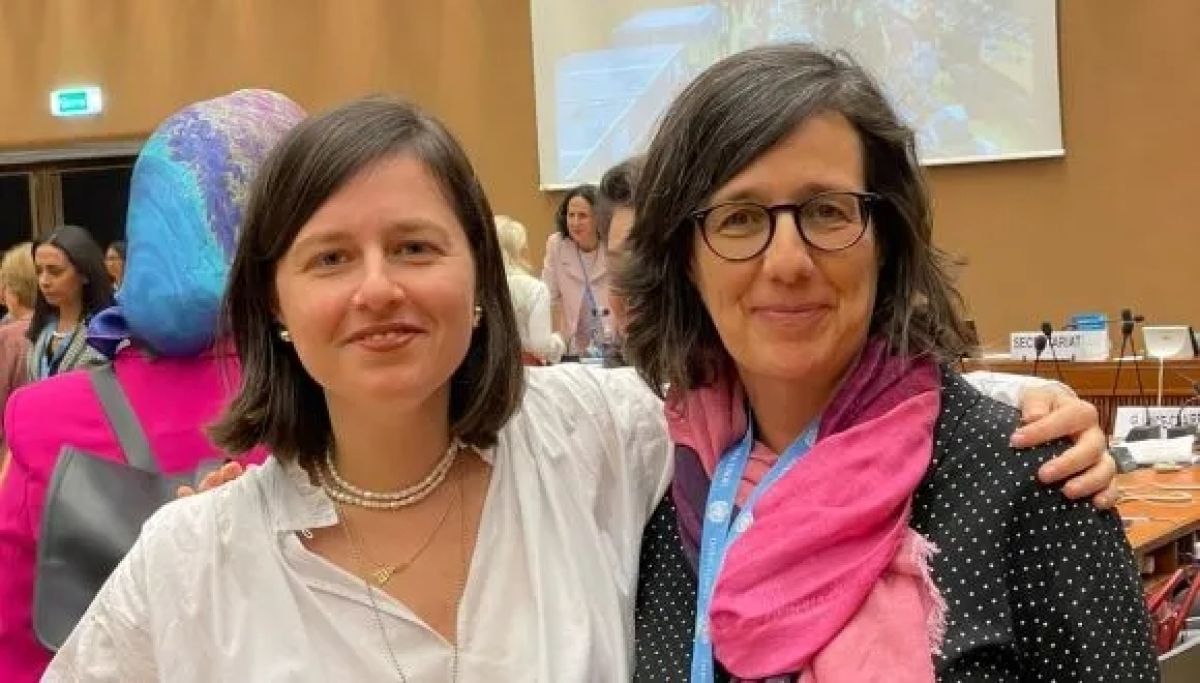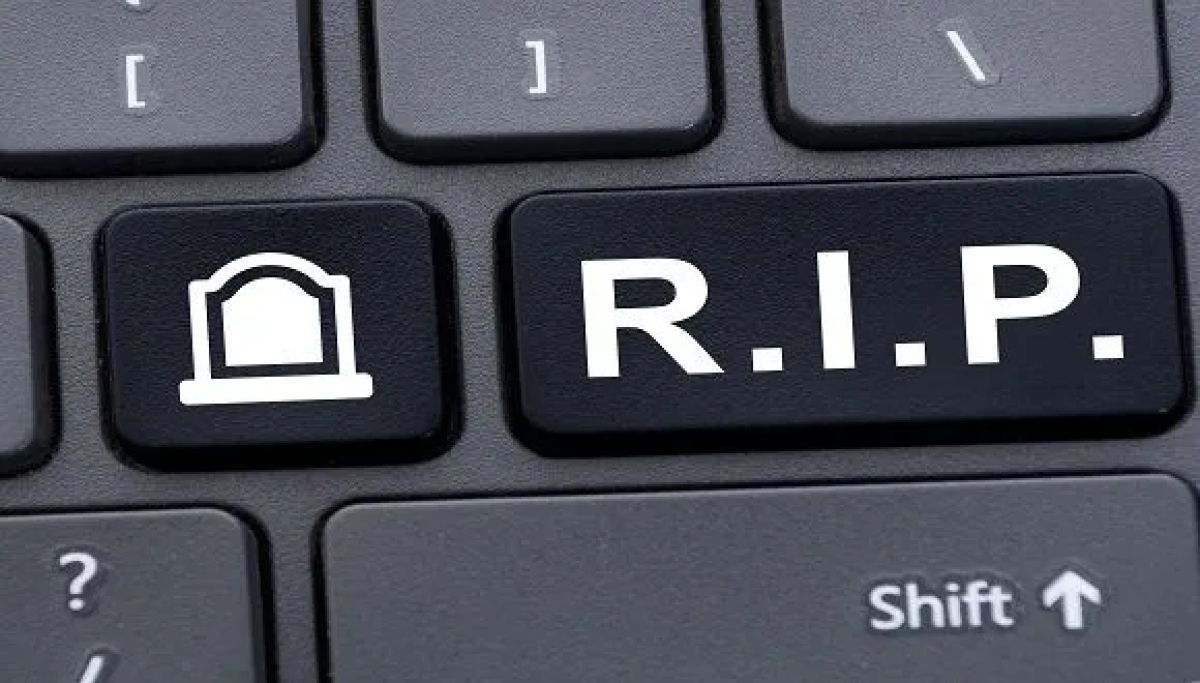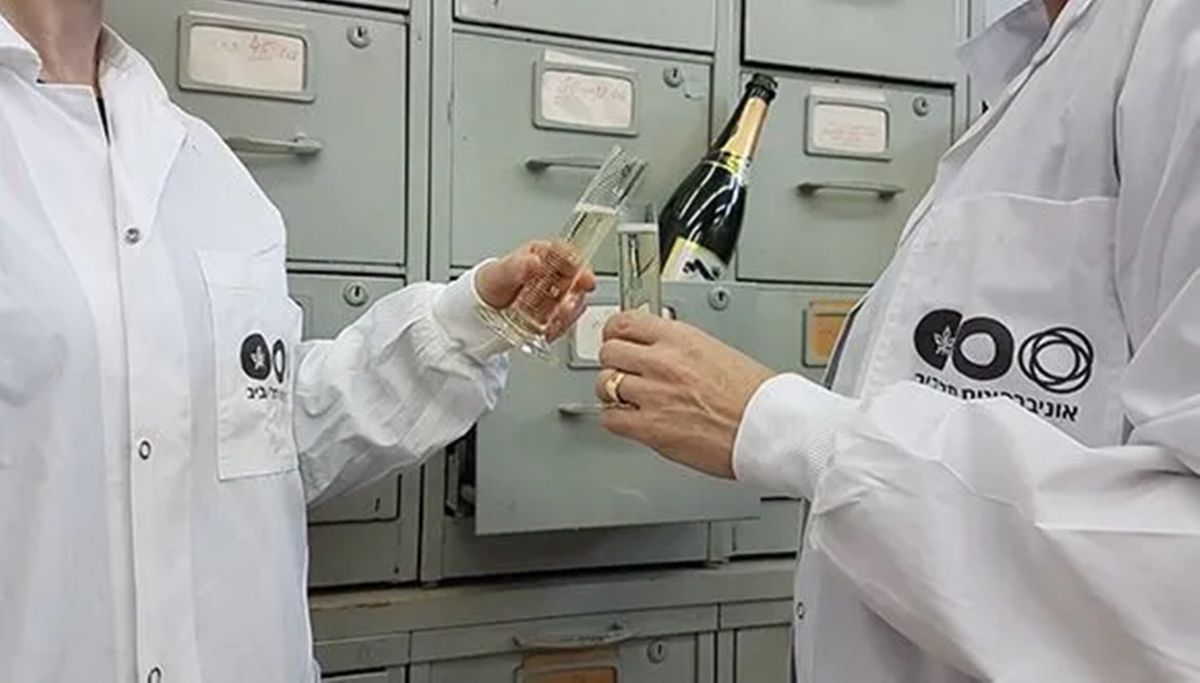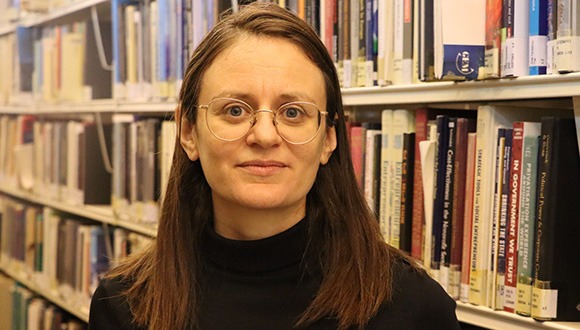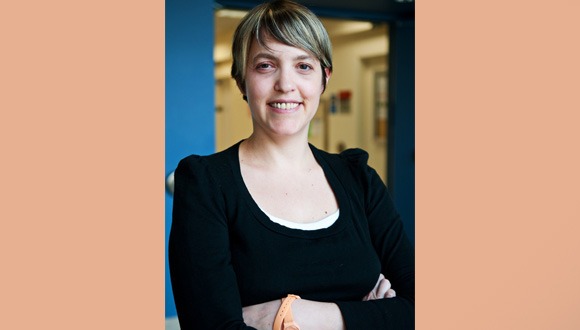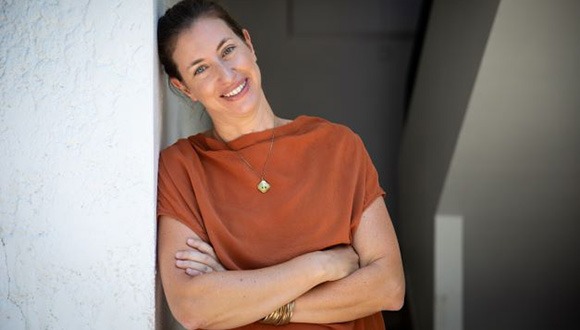One devastating aspect of the current war has been the world’s hesitance to speak up about the gendered violence which took place on October 7th. TAU’s own Prof. Daphna Hacker is a member of the United Nations Committee on the Elimination of All Forms of Discrimination Against Women (CEDAW) and was in Geneva when the war began. Prof. Hacker teaches and researches Law and Gender at the
Buchmann Faculty of Law and
Entin Faculty of Humanities and is one of Israel’s foremost experts on gender. TAU sat down with her to hear her perspectives on working at the UN, its response to the current war, and the gendered aspects of warfare.
Please be advised this interview contains discussion of heavy topics including gendered and antisemitic violence.
How has your experience at CEDAW been so far, especially as an Israeli?
We’re 23 people, right now 22 women and one man. It’s the most diverse, strongly feminist group that I’ve ever been part of. The first year was really exciting and I was so impressed by everyone’s professionalism.
But the last session I attended was just after October 7th, and that was rough and disappointing. They decided to issue a statement. Even though protocol is for members not to be involved in decisions about their home countries, they asked me at a certain point to gather information especially about the sexual violence. In the end they issued this half-page, horribly embarrassing statement that didn’t even say “Hamas” once. I have to admit, I was really surprised by the outcome. Until then I didn’t feel that this was a terribly politicized committee, but I discovered there were underlying political motives that I hadn’t noticed before. It was really a challenge, especially being far from home at such a time.
I did not attend the following session that took place in February to give myself space from that experience and to be with my students. In May, though, I’ll have to go back and face them again.
Can you elaborate on the attitude toward Israel and the Jewish people at the UN?
Placing what happened in CEDAW in broader context of the reaction of feminist organizations, of UN organizations, of left-wing organizations in the States and other Western countries, it seems that for many, it is very hard to perceive Israel as the victim. Israel is a flourishing country with an allegedly strong army. So people are not able to recognize that this time we were facing a murderous terrorist organization that did atrocities. There is simply so much ignorance and disinformation.
“I didn’t feel until now that being Israeli at the UN was an issue – on the contrary, Israel is known to be very good on gender equality and our experts are well-respected.”
Beyond that, I did see instances of antisemitism at the UN, for example comments about Jews and money that no one blinked at. However I didn’t feel until now that being Israeli was actually an issue – on the contrary, Israel is known to be very good on gender equality and our experts are well-respected. I am actually the fourth Israeli that has held a UN position on gender.
Can you speak a bit about women’s participation in the current war effort, and in wars in Israel in the past? Is this time different in any way?
When you wear the gender lens, you can’t help but see how so many things are tied to gender. This is an extraordinary war when it comes to gender, on multiple fronts. This is the first time that we have female combat soldiers taking such a prominent role. We had the all-female tank crews that saved kibbutzim. It’s also the first time the Israeli public has been exposed to women in Gaza as combat soldiers and doctors, and everyone seems to be okay with it. But on the flip side we have the Tatzpitaniot (female soldiers who keep watch over the border fence through cameras) saying they had warned the army about Hamas for months and nobody listened.
And then we have the sexual violence on October 7. Never in Israeli history was the enemy for eight hours or more in civilian villages, free to do whatever they want. And of course, the hostages. Never in Israeli history have tens of women been taken.
What are some ways the current war is affecting different genders differently?
One glaring gender issue was that women and children were the first hostages released. Because the Red Cross was not allowed by Hamas to see them, we didn’t know who should have been released first based on their medical condition. In a more humane version of this horribly inhumane situation, we would know who needs assistance, and it shouldn’t matter if they were a man or a woman. But Hamas will not even allow this very minimal gesture.
Another issue is that when it comes to the war effort, there is no doubt that men bear the brunt of hardship. Combat soldiers are still majority male. Being in Gaza and risking their lives, and killing others, for weeks on end—we know the rates of PTSD, they are extremely high. At the same time, men are a majority at the policy- and peacemaking tables.
“While gender is an important angle, we need to remember to acknowledge our common suffering as well.”
But I actually feel that while gender is an important angle, we need to remember to acknowledge our common suffering as well. Talking only about “women and children” is detrimental for the future if we want a world in which we can pursue our biographies regardless of what body we were born in.
Can you speak about the gendered violence on October 7 and the world’s response to it?
International law has recognized rape as a weapon of war, as something done by an enemy against a nation. So, we know it is not a coincidence that Hamas raped and violated women. This was not one terrorist doing his horrible thing. Unfortunately documentation is so complicated because in all of the chaos, Israeli authorities did not gather forensic evidence of sexual violence in the moment. There was no precedent; we have no prior experience of war-related sexual violence on Israeli land.
International bodies were in theory trying to be cautious about accuracy. But to not even condemn Hamas, and to leave out the gendered violence as part of a long list of undeniable atrocities in those first few weeks — to me, this is simply cruel antisemitism and anti-Israelism. We did more recently have a week-long visit by the UN Special Representative on Sexual Violence in Conflict Pramila Patten. She listened and learned, and she has just submitted her report unequivocally acknowledging that sexual assaults were committed on October 7. That was a big accomplishment of Israeli feminists who insisted on her visit.
Can you tell me a bit about your academic background? How long have you been at TAU, and what are your main research topics? How did you come to the gender studies field?
My first degree was in Law, and at the time we barely had Women’s Studies in Israeli academia. It only came onto my radar because I heard a lecture about feminism. That hour and a half changed my life. It was mind-blowing as a young woman to put words to so many things I had experienced.
“Women’s studies only came onto my radar because I happened to hear a lecture about feminism. It was mind-blowing as a young woman to put words to so many things I had experienced.”
After earning an MA in human rights law in the US, I arrived at TAU to do a PhD in Sociology. At that point I felt I’d found my intellectual home in the field of law and society. I specialize in feminist jurisprudence, family law and the sociology of family.
What was the process of being appointed to CEDAW?
I have been committed to activism all my life. I was one of the founding members of “Women Lawyers for Social Justice” in Israel, and sat on other boards and committees for women’s equality. I always dreamed of taking my activism global by becoming a CEDAW member. Then one day, all of a sudden, the Ministry of Foreign Affairs called me up about just that! It felt like they’d read my mind.
The process took a whole year. We made a video of me, and I went to New York to meet election officers who interviewed me about my goals for the committee. In the end 115 countries voted for me.
How does CEDAW operate?
When a country ratifies an international convention, it takes upon itself the obligation to report to the relevant committee every few years. CEDAW’s main responsibility is to review reports regarding women’s rights from governments and NGOs on the ground. Countries send delegations of diplomats whom we question; we then write our own report with suggestions for the country. We are also authorized to hear individual complaints against governments who have authorized it. Of course, because participation is voluntary, CEDAW cannot enforce its recommendations. All we can do is hope a country cares about human rights enough, or is worried enough about international shaming, to listen to us. One accomplishment recently was our recommendation to Bahrain to change a law allowing a rapist to escape criminal charges by marrying his victim. Two weeks later they changed the law!
Has your participation in the committee affected your views?
I’ve really learned the value of diplomacy and meeting countries and governments where they are. We are forging dialogues with these countries instead of imposing opinions that are totally foreign to certain cultures or are economically unrealistic.
“The fact that women in disadvantaged or more oppressive countries may be able to access our livestreamed hearings and see that we try to hold their governments accountable can help offer empowerment.”
Additionally, although I was aware of some of the harshest conditions for women in certain countries, learning about them so thoroughly has both helped me internalize and understand the importance of committees like CEDAW, whose sessions are livestreamed. We’ve spoken with African countries with high rates of child marriage and extremely low access to birth control, as well as China where there is very little free speech, and the fact that women in those countries may be able to access our hearings and see that we try to hold their governments accountable can help offer empowerment.
Have there been any surprising discoveries about how the UN works?
It turns out the UN is in a horrible state financially to a degree that makes working difficult. This is partially because the prosperous countries who fund the UN do not want a strong treaty body to supervise human rights violations. When you have powerful countries that invade other countries (some of whom have blocked UN recognition of Hamas as a terrorist organization), that silence opposition, that call themselves democracies although they’re not, the whole world suffers. Economically weakening the apparatus that was built to prevent a third world war is one way to get away with human rights violations.
So again, we can be cynical and think we shouldn’t bother with these international efforts, but at the same time, we can’t do without them. Forsaking our global connections when Israel is so small and in a hostile neighborhood can’t end well, and we’ve seen this with other countries too.
Are you still doing research during these tough times?
Honestly, I feel that my research is what saved my sanity. Clinging to normalcy while making space for activism is so important for our mental health, and being at TAU has been a blessing. I get to meet smart and well-spoken students, and to pursue my intellectual interests. We are a tiny gender studies department, which is a bit of a challenge, but I feel I have everything I could ask for from a job here.
“I feel that my research is what saved my sanity. Clinging to normalcy while making space for activism is so important for our mental health, and being at TAU has been a blessing.”
That being said, I have not only been able to concentrate on my work in these difficult times: in an effort to expand knowledge of Middle East history and politics as well as paths forward, two colleagues and I created a “Day After the War” Forum. The Forum’s goal is to raise awareness in the Israeli public that overthrowing Hamas must be part of a broader multi-state political alliance with cooperative Western countries and moderate Arab countries. We hold public webinars from experts on Middle Eastern studies and conflict resolution, among other things. (The Hebrew site can be seen
here.) Learning from these sessions has given me some hope for the future.

